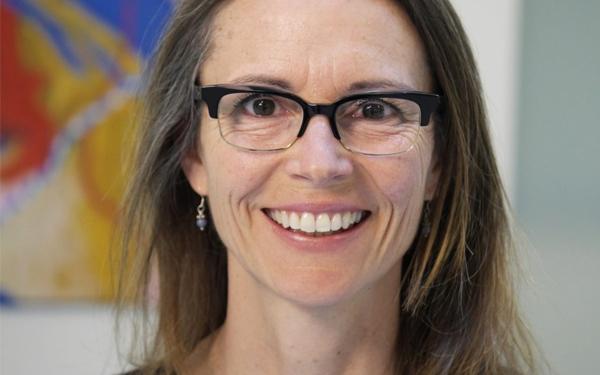
Increased Risk of Vertebral Fracture After Stopping Denosumab

Increased Risk of Vertebral Fracture After Stopping Denosumab
Updated: November 25 2024
Update Authors: Dr. Adrian Lau, Dr. Rowena Ridout, Dr. Laetitia Michou, Dr. Claudia Gagnon, Dr. Vithika Sivabalasundaram, Dr. Emma Billington, Dr. Zahra Bardai
Denosumab (Prolia) has been shown to reduce the risk of fracture in postmenopausal women and men ≥50 years old with osteoporosis. It has also been approved for steroid induced bone loss.
Individuals who were in the FREEDOM study, which evaluated denosumab in comparison to placebo, were followed, and those who stopped denosumab had a subsequent reduction in bone mineral density (BMD) and an increase in the risk of fracture (1).
Analysis of the data from the FREEDOM study as well as the Extension trial of denosumab up to a total of 10 years, confirmed that stopping denosumab was associated with an increase in rate of bone loss as measured by bone turnover markers, which rose 3 months after missing a scheduled dose. BMD decreased back to the baseline level 12 months after missing a scheduled dose of denosumab (2).
Individuals who had received ≥ 2 doses of denosumab or placebo, and stopped treatment but remained in the study for ≥ 7 months after the last dose, were reviewed. In the 1001 patients who stopped denosumab, the rate of spine fractures increased from 1.2/100 patient-years (while on treatment) to 7.1/100 patient-years, a similar rate to the placebo group. Multiple (>1) vertebral fractures appeared to be more common in the group stopping denosumab than the group stopping placebo (3.4% vs 2.2%). The risk of having multiple (>1) vertebral fractures after stopping denosumab was higher in those people who had already experienced a prior spine fracture, and also in those who had rapid rates of bone loss. The rates of non-spine fractures were similar in those stopping denosumab and those stopping placebo (2.8% denosumab, 3.8% placebo) (2).
Due to the risk of rapid bone loss and vertebral fractures associated with denosumab discontinuation, the injection schedule of every 6 months should not be delayed by more than one month once treatment has started. Patients need to be advised of the increased risk of bone loss and vertebral fracture when therapy is stopped.
Osteoporosis Canada advises individuals on denosumab therapy to discuss their treatment with their physician prior to stopping therapy or missing a scheduled dose. If denosumab needs to be stopped after 4 or fewer doses, transitioning with a bisphosphonate is suggested 6 months after the last dose of denosumab for a duration of one year, and then reassessed for ongoing therapy, to help prevent rapid bone loss and risk of fractures (3). For individuals discontinuing denosumab after 5 or more doses, it is good practice to seek advice from a consultant with expertise in osteoporosis.
- Bone HG, Bolognese MA, Yuen CA, et al. Effects of denosumab treatment and discontinuation on bone mineral density and bone turnover markers in postmenopausal women with low bone mass. J Clin Endocrinol Metab. 2011 Apr; 96(4):972-980.
- Cummings SR, Ferrari S, Eastell R, et al. Vertebral fractures after discontinuation of denosumab: A post hoc analysis of the randomized placebo-controlled FREEDOM trial and its extension. J Bone Miner Res. 2018 Feb; 33(2): 190-198.
- Morin SN, Feldman S, Funnell L et. al. Clinical practice guideline for management of osteoporosis and fracture prevention in Canada: 2023 update. CMAJ. 2023 Oct;195:E1333-48.
Prepared by Aliya Khan, Sandra Kim, Rowena Ridout and Lianne Tile, on behalf of the Scientific Advisory Council of Osteoporosis Canada, Rapid Response Committee.
Scientific Advisory Council
Osteoporosis Canada’s rapid response team, made up of members of the Scientific Advisory Council, creates position statements as news breaks regarding osteoporosis. The position statements are used to inform both the healthcare professional and the patient. The Scientific Advisory Council (SAC) is made up of experts in Osteoporosis and bone metabolism and is a volunteer membership.

